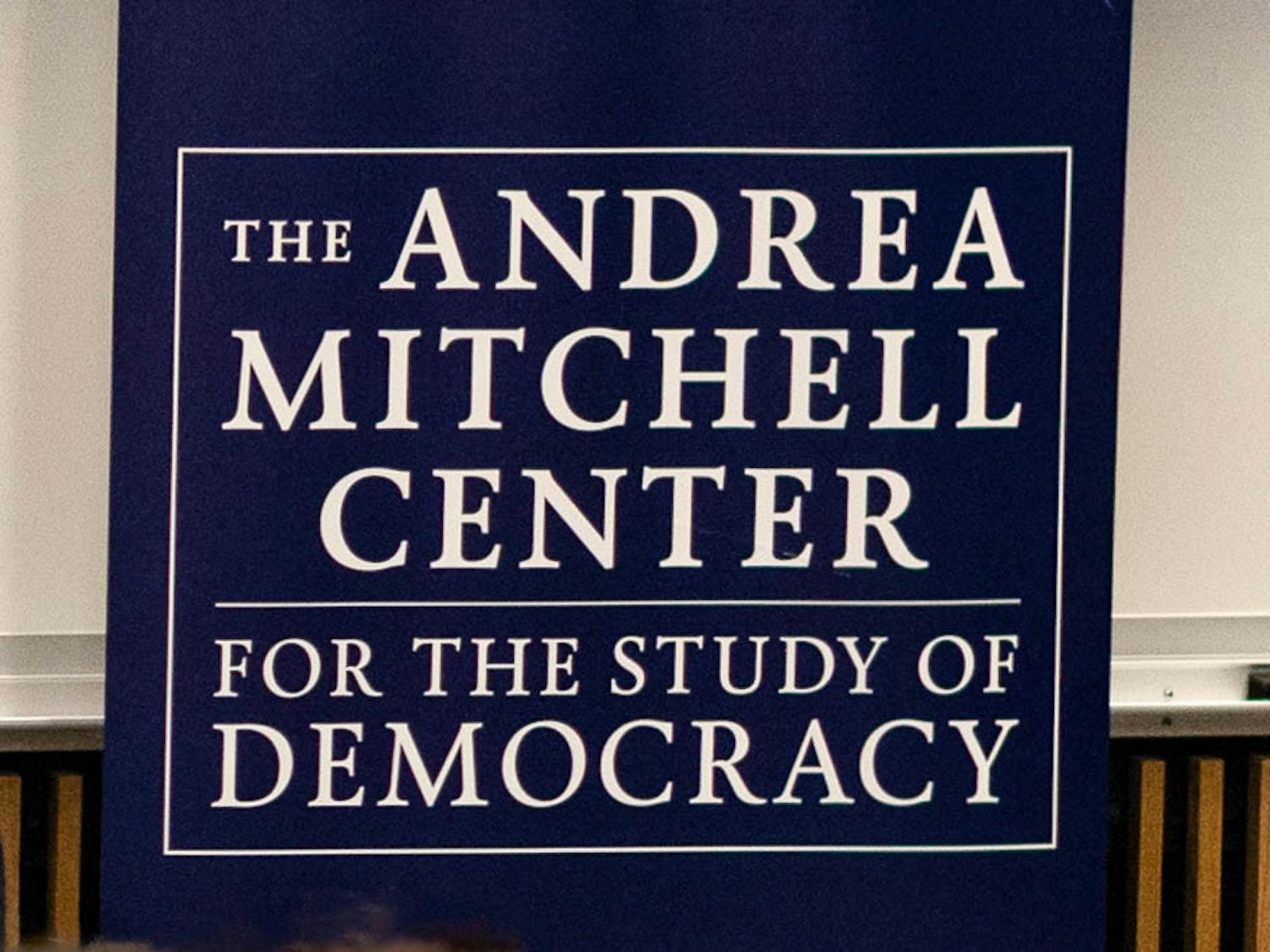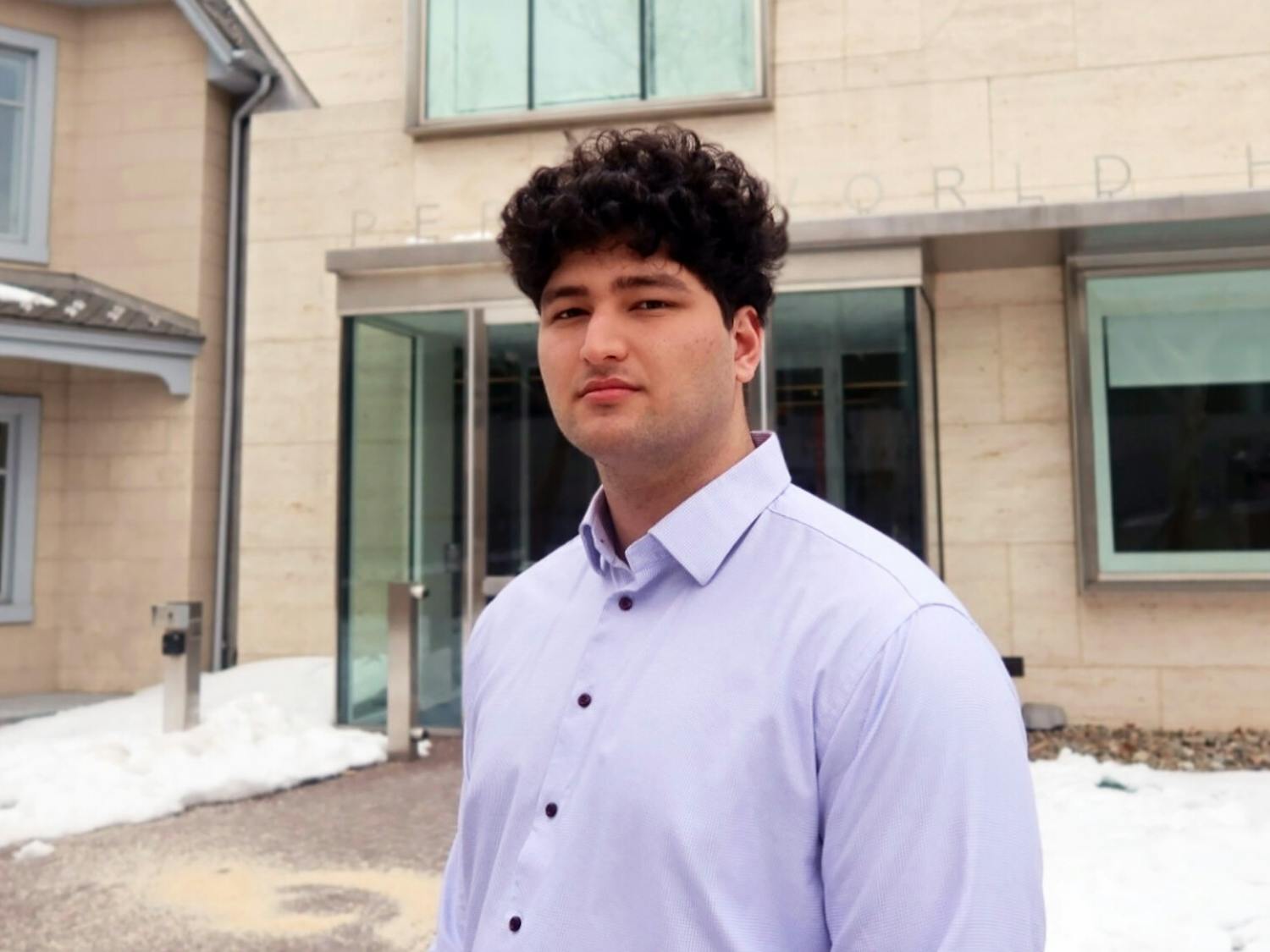In the latest of the University's series of 250th anniversary events, a six-member panel of distinguished scientists, including three Nobel Laureates, debated, discussed and lectured on the future of molecular biology over the weekend. "This symposium gives the laymen a glimpse of the momentous research that is going on in these fields," President Sheldon Hackney said as he began the symposium. But the approximately 250 people attending the lectures had more than a glimpse of the fields as the nearly five-hour symposium detailed progress in such areas as virus adaptability, genomic plasticity and ecogenetics. Much of the symposium, held at the University Museum, focused on the tremendous impact molecular biology is having on medical diagnosis and therapy. According to Anthropology and Medicine Professor Baruch Blumberg, the symposium also successfully used research from various fields to apply it to specific problems. Speakers emphasized that by integrating different research, they are making breakthroughs in scientific knowledge that at one point was never thought possible. At the symposium -- which also celebrated the School of Medicine's 225th anniversary -- panel members had the opportunity to lecture the audience on their field of research. Arno Motulcky, a professor at the University of Washington, used his allotted time to discuss his research on replacing defective genes with healthy ones as a form of treatment for ailments. Gilbert Omenn, dean of the School of Public Health and Community Medicine for the University of Washington said that research is now suggesting that cancers origin is often a mixture of the environment and genetic predisposition. He added that the key to understanding cancer is discovering the two areas' precise interaction. Many audience members said after the speech that they were familiar with the work of many of the panelists and said the symposium was an effective way to connect the panelists research to their own. "A symposium like this is general in nature," said Sybil Holtzer, a research assistant at the University's anatomy department. "But [it] points out connections between fields and how a study from one field leads you to another." Two of the few undergraduates who attended said they found the talks relevant to their future studies adding that the presentations were educational and interesting.
The Daily Pennsylvanian is an independent, student-run newspaper. Please consider making a donation to support the coverage that shapes the University. Your generosity ensures a future of strong journalism at Penn.
Donate







